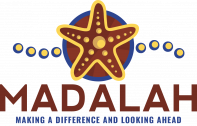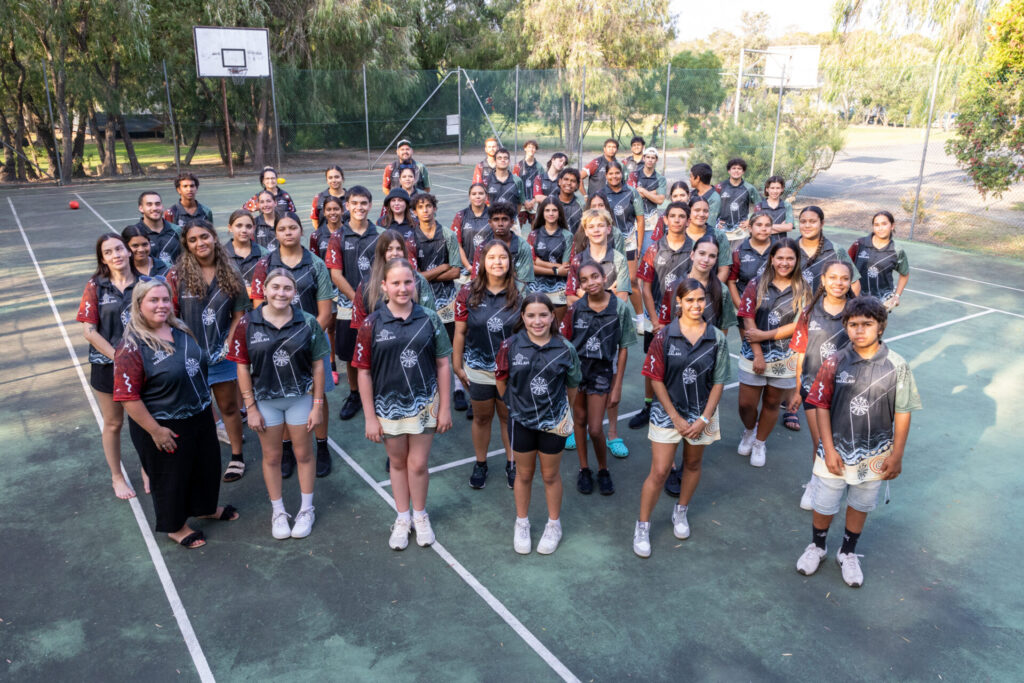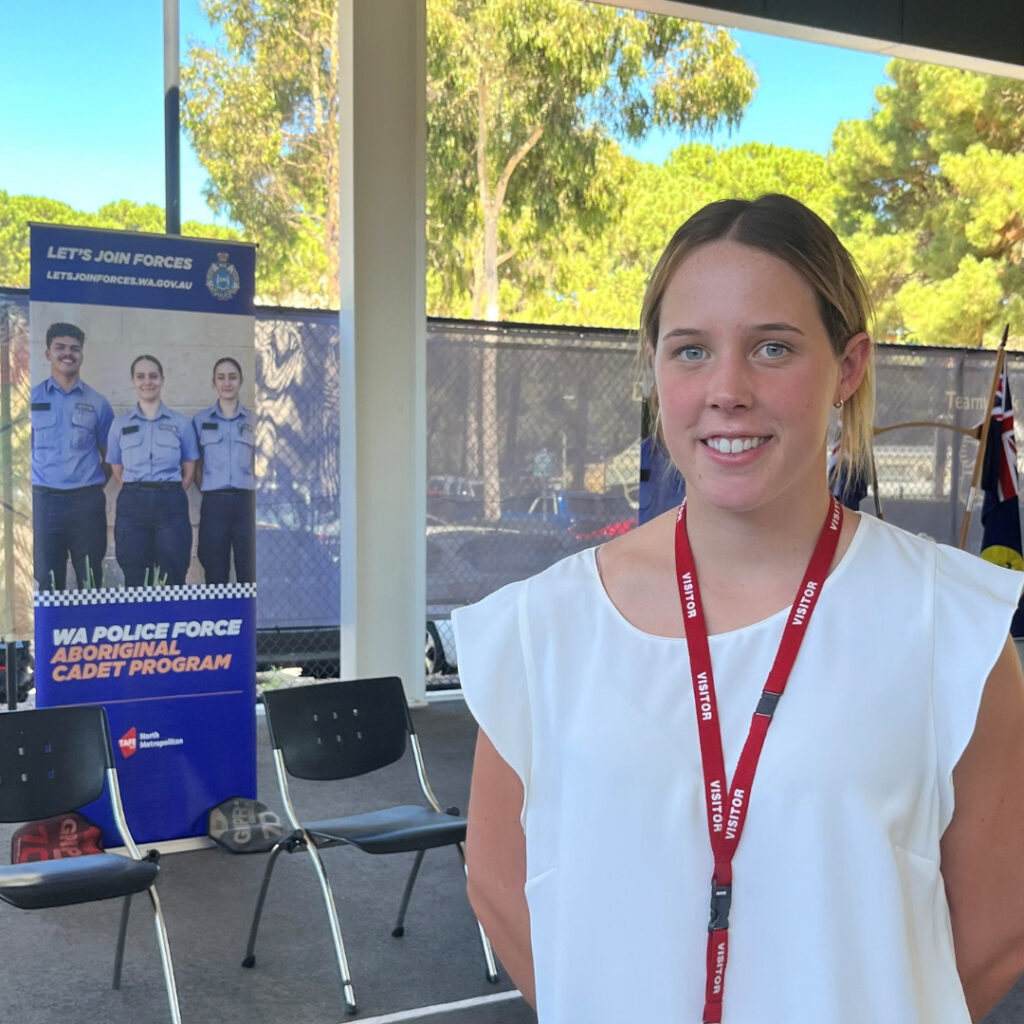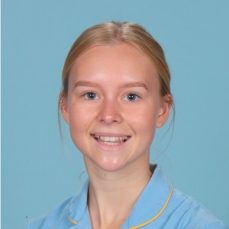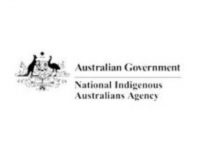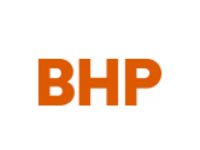Yarlalu Nanmurr Thomas’s father’s country is on the edge of the Western Desert in a place called Mijijimaya.
A Nyangumarta teenager, he is named after a hill where his grandfather was born and life has already taken him on a big journey.
Thomas left his community, 120kms south-east of Port Hedland and 50 kilometres north of Marble Bar, to study at Scotch College in Perth, before going on to the University of Sydney, where he is studying for a double degree in medicine.
He is the first member of his community to go to university and plans to take his knowledge back to the land. “There remains a crisis in Indigenous health, with research and statistics showing that Indigenous people have the worst health status and highest mortality rates,” he says. “This is the result of remoteness, lack of trust towards the medical industry and a continuing lack of appropriate medical services. “We need to be consulted, empowered, resourced and supported to address the health issues facing our communities and I believe that one of the best ways to reach out and improve the health of Indigenous communities is through the training of more Indigenous health professionals.”
Thomas plans to specialise in an area of medicine relevant to Indigenous health such as diabetes and renal, cardiovascular and communicable diseases. He is just one of the success stories of MADALAH , a WA-based not-for-profit organisation which provides scholarships for Indigenous students from remote areas to complete secondary and tertiary studies or traineeships and which also provides accommodation and support in the State’s north-west to help Indigenous people move into the workforce.
The scholarship program has been going since 2009. Eleven of WA’s top private schools including Christ Church Grammar School, Aquinas College, Penrhos College, St Mary’s Anglican Girls’ School and Trinity College are involved. MADALAH Indigenous education manager Angela Murphy says scholarship applications come in from across WA.
In the early years about 40 students might have been placed on scholarships, now there are more than 170 and demand keeps growing. Murphy says MADALAH students have gone on to university degrees and the success rate for secondary school graduation is high. “Last year, of the 37 Year 12s who started Year 12, 37 graduated,” she says. “Thirty went to university, we got five in apprenticeships and two in employment. “It’s been really good. In general, I’d say we’d be sitting at 95 percent retention rate per year.” Murphy says the schools are experienced at dealing with issues such as homesickness.
MADALAH staff are also there for support. In the past the program has been fully-funded through the Department of the Prime Minister and Cabinet, but with recent budget cuts the organisation has been looking to the corporate sector to help make up a short fall. MADALAH held its first fundraising ball in Perth in June. Murphy says the organisation’s federal funding has dropped from about $7 million over two and a half years to about $1.4 million for the same period. “This year we were only able to offer 12 scholarships whereas previously we’ve been able to offer between 40 and 50,” she says.
Tallulah Bieundurry is another MADALAH graduate. The 18-year-old, who is originally from the Wangkatjunka community near Fitzroy Crossing, graduated from Iona Presentation College last year and is now studying for a Bachelor of Arts, double majoring in Law and Society and Political Science and International Relations at the University of WA.
She has her sights set on a career in human rights law and politics. “MADALAH has allowed me to study free of financial stress and to broaden my networks with both like-minded Aboriginal peers and older role-models,” she says. “I have had the opportunity to consider tertiary education and ultimately pursue tertiary education, and have had huge support and encouragement from the MADALAH team.” Biendurry was living in Kununurra in WA’s north when she moved to Perth as an Iona boarding student. “It was difficult to leave the company of my family and to forgo an important part of my life to receive an education and have access to opportunities I may not have otherwise,” she says. “I struggled mostly with not being a part of changes and milestones in my family that children who live at home take for granted.”
In Broome and Derby, in WA’s north, MADALAH has another role. In these towns it provides a home-away-from-home for Indigenous people over the age of 16 years who are training or moving into the workforce. Employment Related Accommodation Manager Jennifer Hall says the service they offer is far from a hostel. Instead, residents stay in houses — Broome can take up to 13 and Derby 17 — where home comforts range from a swimming pool to a billiard table, barbecue facilities and a garden. There are also live-in staff who can lend a hand with everything from problems at work to applying for a driver’s licence. “It’s more like an adult shared house,” Hall says. “Except we talk to them about their needs and do a support plan and re-assess that every six months. “We have trained support staff that live in and arrive at 4pm when everyone has got home and they stay to 9am the next day… “Their role is to assist everyone in the house to look after themselves and be independent. They will help them cook the evening meal, allocate chores and are around if there are issues. “We’re aware if people are feeling homesick, have issues with a boyfriend or girlfriend or at work or are feeling a bit lost. “During the day there’s a day support worker. They work as a liaison between the training organisation, the employer, looking at what’s needed . . . the whole aim is to get people independent enough to do it on their own.”
Hall says residents pay board and lodging according to their individual circumstances. Most stay from six months up to two years. The facilities are funded by the WA Department for Housing. “Fifty percent of our Broome residents are from remote areas,” Hall says. “The other half are from Broome, but the family situation is not conducive to them being in their job or getting up happy and healthy in the morning so they’ve come to us as a quiet, safe place to enable them to stay in their job and their training…. “We’re often referred by an employer or an employer or job provider will phone us and say ‘We’ve got someone coming in on our books who is looking for accommodation in order to maintain their job’. “The other source of referral comes from the big training organisations. “We’ve had a couple of family members phone, aunts and uncles phone saying ‘We need these people to stay with you’.”
